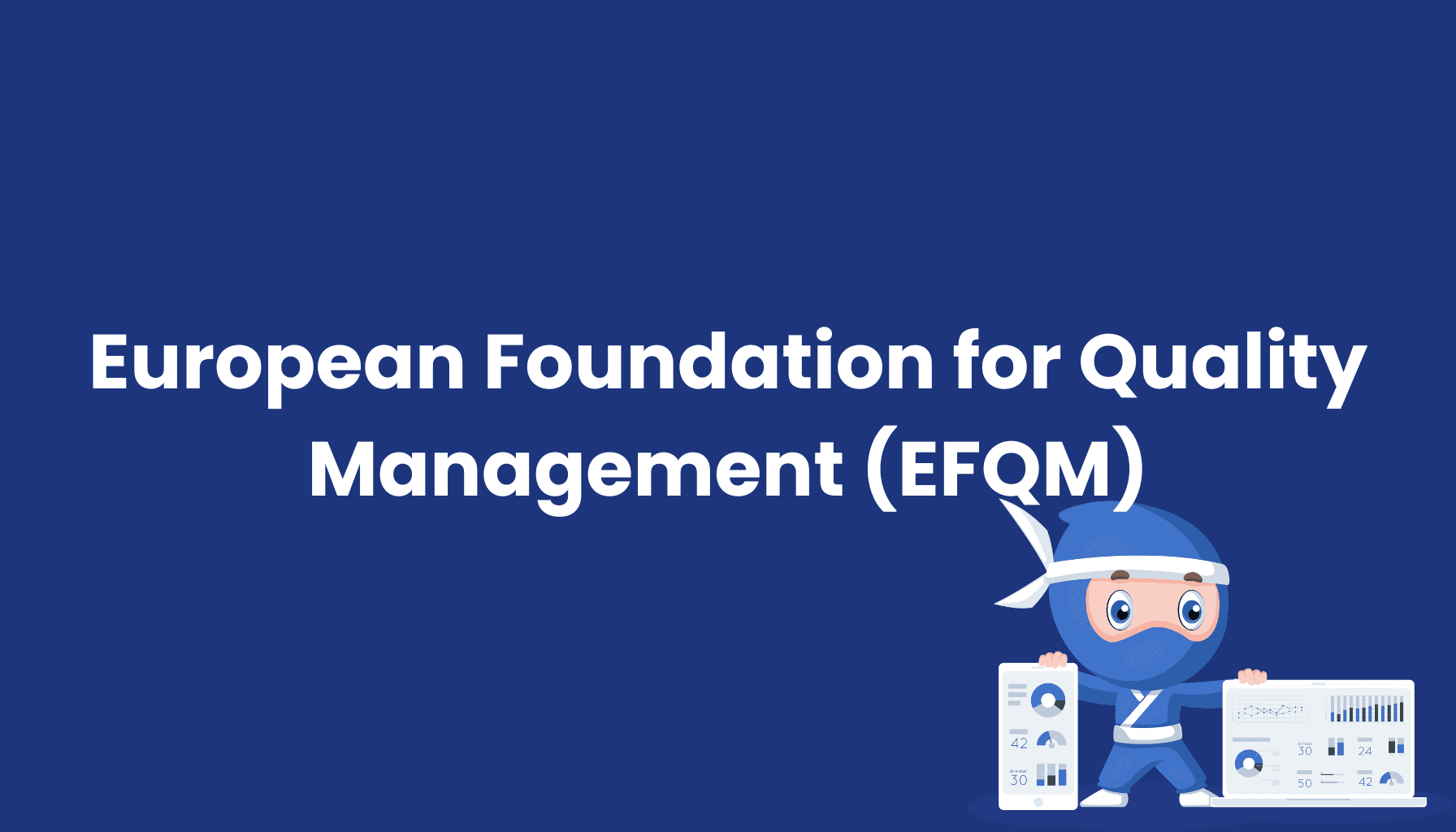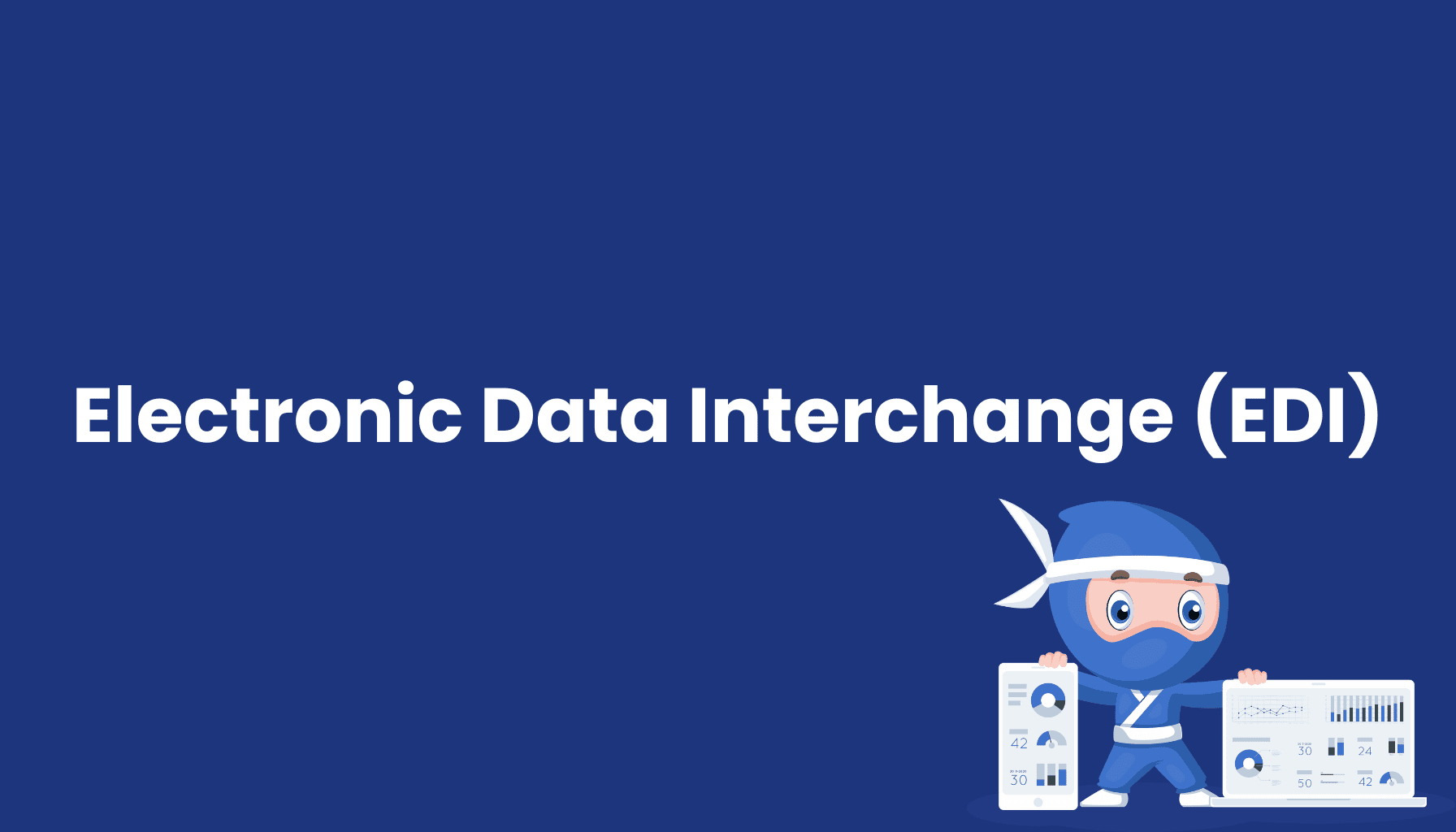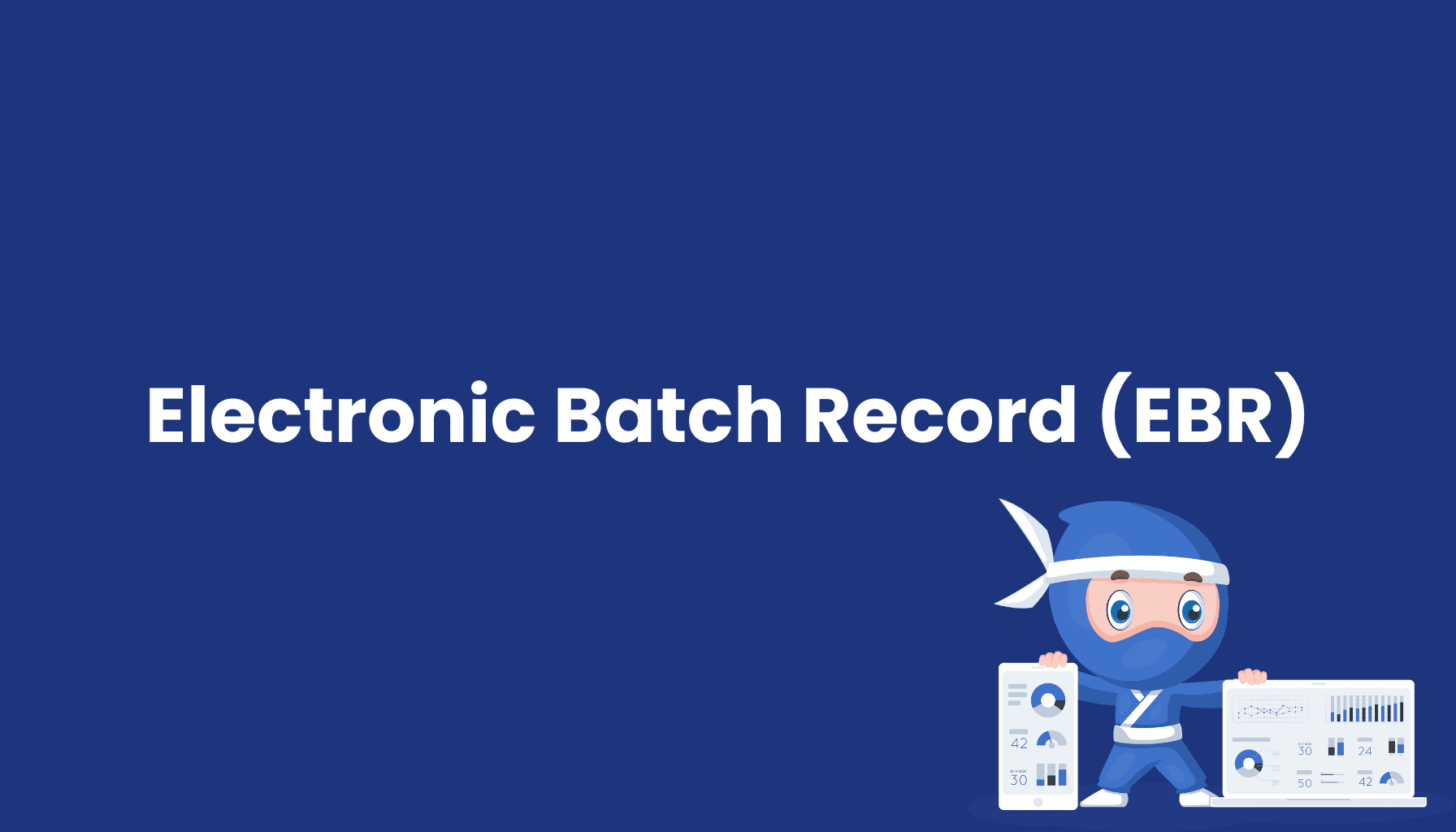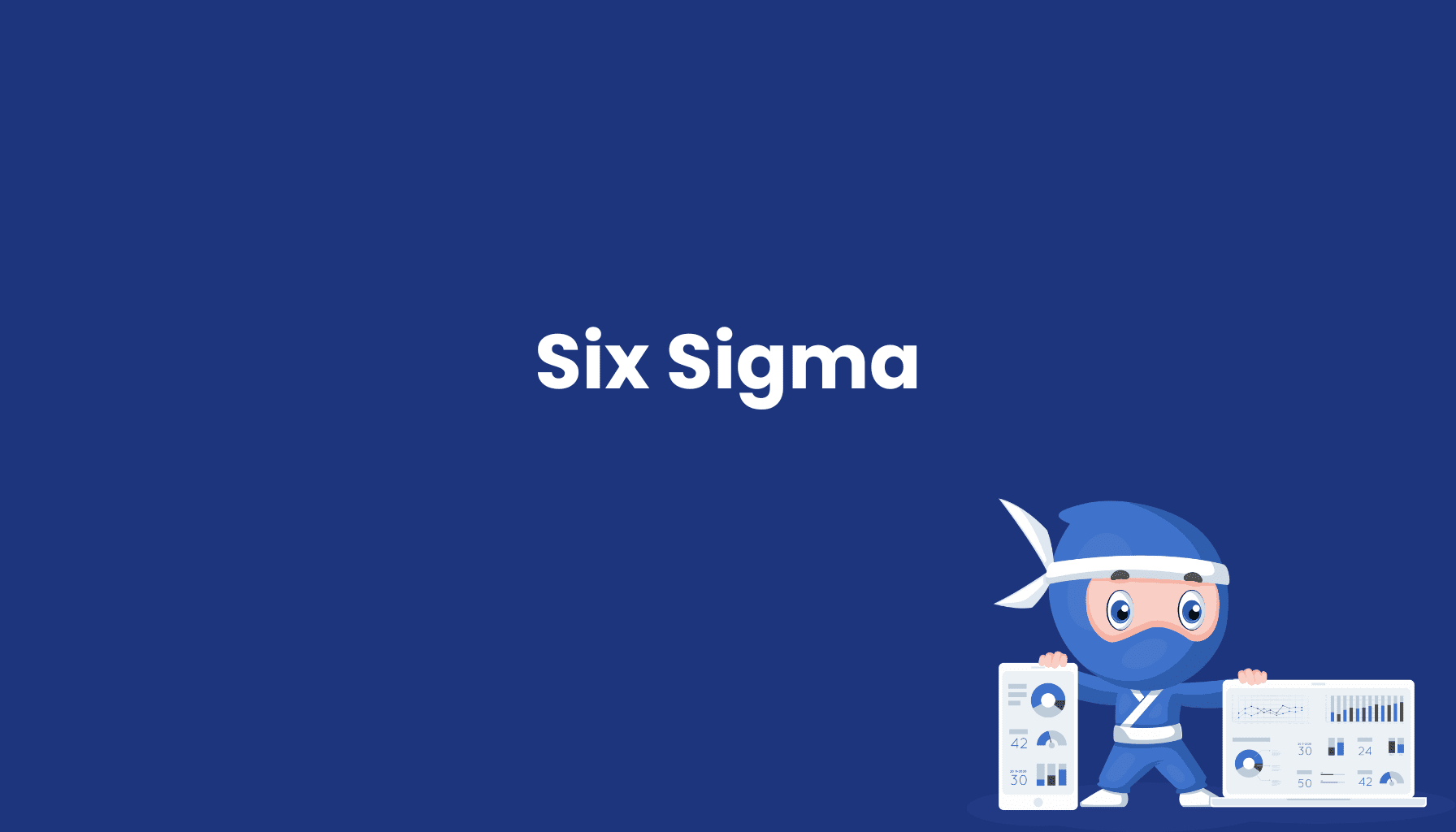European Foundation for Quality Management (EFQM)

What is the European Foundation for Quality Management (EFQM)?
The European Foundation for Quality Management (EFQM) is an organization that developed the EFQM Model, a comprehensive framework for assessing and improving business performance. The EFQM Model helps organizations identify their strengths and weaknesses while driving continuous improvement across all aspects of their operations.
Key Features of the EFQM Model
-
Holistic Approach:
- The EFQM Model evaluates all critical areas of a business, including leadership, strategy, people, partnerships, processes, results, and innovation.
-
Evaluation Framework:
- It provides a structured framework that allows companies to analyze their performance and identify areas for improvement.
-
Self-Assessment:
- Encourages businesses to conduct self-assessments to identify internal strengths and weaknesses and implement targeted improvements.
-
Best Practices:
- Promotes the exchange of best practices to enhance the efficiency and effectiveness of business processes.
Benefits of the EFQM Model
-
Continuous Improvement:
- The EFQM Model drives continuous development by encouraging regular evaluation and adjustment of processes.
-
Quality Improvement:
- With a focus on quality across all areas, the model enhances customer satisfaction and helps secure long-term success.
-
Employee Engagement:
- By setting clear goals and recognizing employee contributions, the model fosters employee motivation and engagement.
-
Competitive Advantage:
- Organizations that apply the EFQM Model achieve a competitive edge through systematic and sustainable performance improvements.
Application of the EFQM Model
The EFQM Model is widely used across various industries and organizations in Europe and globally. It serves as a framework for fostering excellence, improving quality, and driving innovation. By applying the model, companies can create a culture of continuous improvement and better achieve their strategic objectives.





